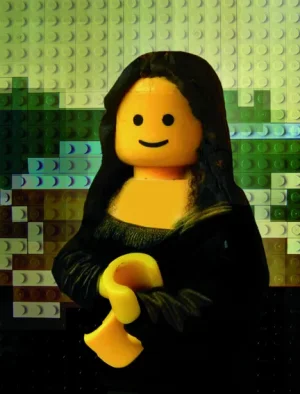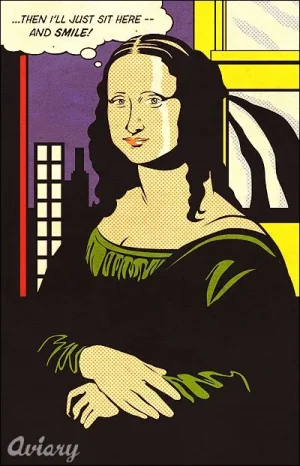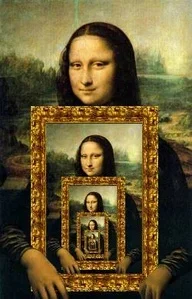jupiterswoon
Permanent Fixture
- MBTI
- ISFP
- Enneagram
- 3
http://www.youtube.com/watch?v=zh3R90HAyOQ&feature=g-hist
Interesting video here where she is wondering what makes a person authentic.
I think where she gets confused is that authenticity doesn't have to do with spontaneity. A person can be very authentic, but perhaps shy or quiet- although people might interpret a louder person as being more "authentic" what they mean to say is that person is creating more of an "impression" on the viewer. Although, a more developed person whether introverted or extroverted should be able to describe their own ideas with more accuracy than a less developed person. Some people are just better at bullshitting and co-opting, than coming up with original ideas. Ultimately, we need the authentic people, and the talkers to get ideas moving around.
Discuss!
Interesting video here where she is wondering what makes a person authentic.
I think where she gets confused is that authenticity doesn't have to do with spontaneity. A person can be very authentic, but perhaps shy or quiet- although people might interpret a louder person as being more "authentic" what they mean to say is that person is creating more of an "impression" on the viewer. Although, a more developed person whether introverted or extroverted should be able to describe their own ideas with more accuracy than a less developed person. Some people are just better at bullshitting and co-opting, than coming up with original ideas. Ultimately, we need the authentic people, and the talkers to get ideas moving around.
Discuss!




